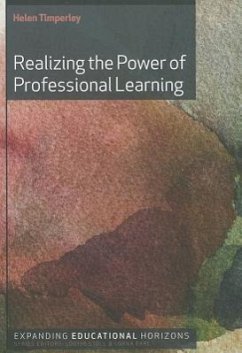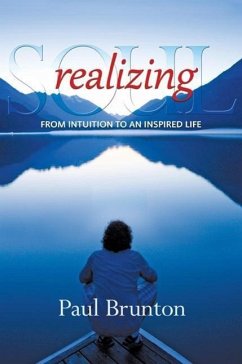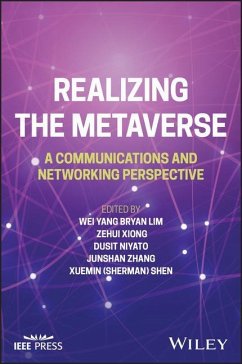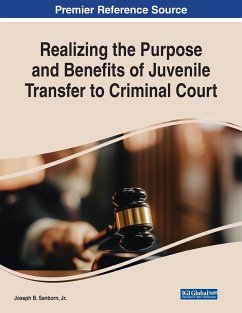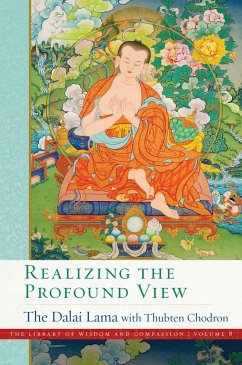Nicht lieferbar
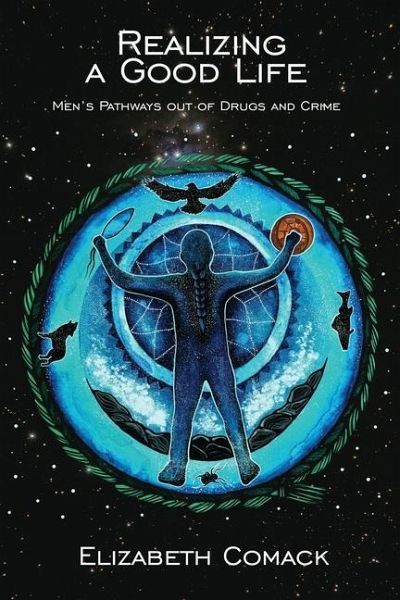
Realizing a Good Life
Mens Pathways out of Drugs and Crime
Versandkostenfrei!
Nicht lieferbar
"Realizing a good life is almost always defined in material terms, typified by those individuals (usually men) who have accumulated considerable wealth. But this construction of a good life is a deception that belies the classed, gendered, and racialized bases of the social supports that enable the 'self-made man' to realize his wealth. Instead, this book turns to Indigenous knowledge about realizing a good life, such as the Cree notion of seeking mino-pimatisiwin, to explore how marginalized men endeavour to overcome systemic inequalities in their efforts to achieve wholeness, balance, connec...
"Realizing a good life is almost always defined in material terms, typified by those individuals (usually men) who have accumulated considerable wealth. But this construction of a good life is a deception that belies the classed, gendered, and racialized bases of the social supports that enable the 'self-made man' to realize his wealth. Instead, this book turns to Indigenous knowledge about realizing a good life, such as the Cree notion of seeking mino-pimatisiwin, to explore how marginalized men endeavour to overcome systemic inequalities in their efforts to achieve wholeness, balance, connection, harmony, and healing. Twenty-three men, most of whom are Indigenous, shared their stories of this journey. For most of the men, their pathway started in challenging circumstances. As children, they were confronted with the impacts of intergenerational trauma, broken families and child welfare interventions, racism and bullying, and physical and sexual abuse. Turning to drugging and drinking as a way to cope with the pain generated by these harsh experiences or joining a street gang with other disaffected youth set many on a pathway into jail. Once caught in the criminal justice net, realizing a good life became a more daunting project given the imprint of that experience on their identities and life chances. Despite the traumas and setbacks, some of the men have made great strides to realize a good life. The men tell us how they got out of the problem, displaying insights on the ways they have been able to maintain sobriety, navigate systemic barriers, and forge connections and circles of support that have enabled them to establish the basis for living a good life. Ultimately, it came down to social supports -- and caring. As one man put it, change happened when he 'had to care for somebody else in a way that I wanted to be cared for.'"--




